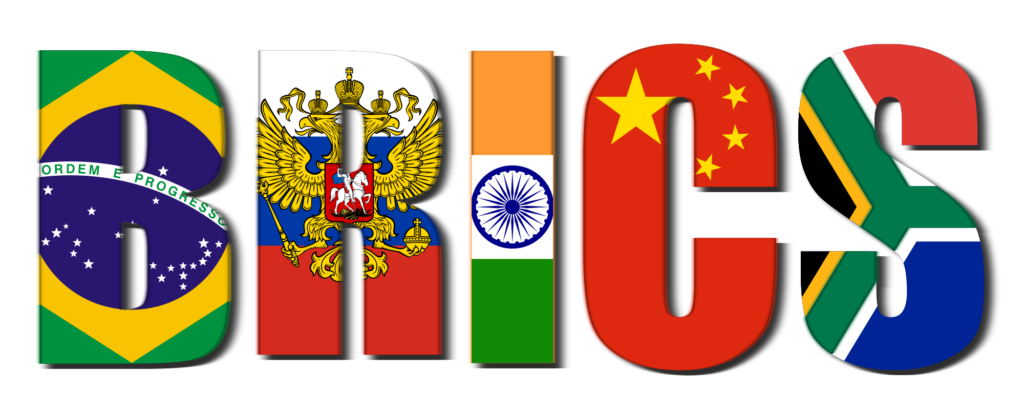
The current Brazilian foreign policy has occurred erratically. Although it is argued that it seeks new alignments, the truth is that there is no clear line, based on the pursuit of the country's interests. But not everything is the fault of the current direction that is imprinted on foreign policy, the world has changed and posed new challenges.
The structuring polarity of the Cold War has long since ended. Since then, the world has been going through important movements to reorganize the forces, forcing states to seek political positions that offer them more returns. We last 10 years, in particular, this search for a reorganization of the international system was even more confusing.
Today the so-called multilateral system is showing ever greater limits, at the same time that we see some powers printing a more unilateralist profile in their policies. This is notably the case in the United States and, to a lesser extent, from China. But both are powers in every sense of the term (politics, economical, culturally and militarily).
Brazil, in its turn, has adopted a more unilateralist discourse. It is necessary to notice, However, that we don't have the power vectors necessary to assert ourselves as an international power. Quite the contrary, some of the vectors that we had are weakening (notably the economic and the political).
It is becoming increasingly clear that we cannot continue to behave as if we have enough power to influence the world as a whole., we have limits that must be recognized and used to guide our foreign policy.
From a perspective of capacity for economic influence, our limitations are due to the few resources we have. Like this, its use internationally should focus on places where its effects are enhanced. Especially since the Lula government, Africa gained space, but today it faces stiff competition with China, that is putting a very large amount of economic resources on the continent, turning our presence into something with little significance.
Another region that may have a greater response to the few economic resources that we will be able to project internationally is Latin America. For this, we need (re)prioritize the region, seeking to offer aid and investments to countries in the region. The problem here is in overcoming ideological views that have so marked the current government.
In political terms, Brazilian performance has shown itself to be very limited today, both due to internal limitations and also the low amount of power vectors that we can project. The use of multilateral means is shown to be the most suitable for countries that are not international powers. However, nowadays these are also very limited, as you can see with all the crisis that the United Nations System is going through.
However, some forums still show potential, as is the case with the BRICS. The bloc has been forgotten by the general public and seems to have a low prestige in the guidelines of Brazilian foreign policy. Even so, its potential is great and should be chosen as the government's main multilateral policy strategy.
Although there is a lot of difference between the group's partners (in terms of impact on the international system), there is something in common that should be noted: the search for alternative systemic organization models. There is space for testing collaborative actions that lead to an environment more conducive to Brazilian performance.
